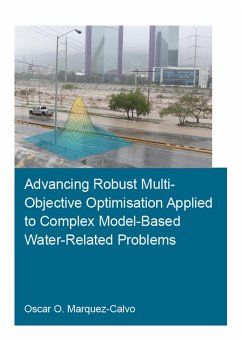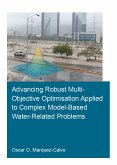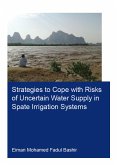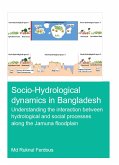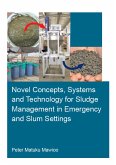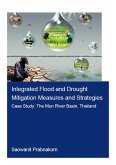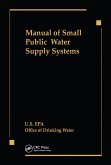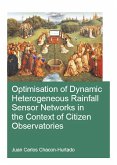The proposed research aims to address the mentioned challenges and focuses on robust optimisation of multiple objectives and multiple sources of probabilistically described uncertainty. This is done by the development of the Robust Optimisation and Probabilistic Analysis of Robustness algorithm (ROPAR), which integrates widely accepted robustness metrics into a single flexible framework. In this thesis, ROPAR is not only tested in benchmark functions, but also in engineering problems related to the water sector, in particular the design of urban drainage and water distribution systems.
ROPAR allows for employing practically any existing multi-objective optimisation algorithm as its internal optimisation engine, which enables its applicability to other problems as well. Additionally, ROPAR can be straightforwardly parallelized, allowing for fast availability of results.
Dieser Download kann aus rechtlichen Gründen nur mit Rechnungsadresse in A, B, BG, CY, CZ, D, DK, EW, E, FIN, F, GR, HR, H, IRL, I, LT, L, LR, M, NL, PL, P, R, S, SLO, SK ausgeliefert werden.

